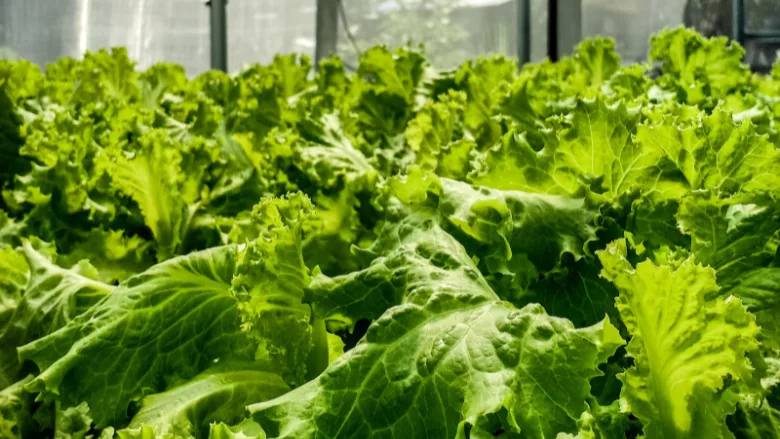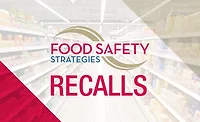Economic Impacts of Food Safety Incidents on Supply Chains: 2018 Romaine Lettuce E. Coli Outbreak

Credit: tee_ya via Unsplash
To demonstrate the damaging effects of food safety incidents on the supply chain, a recent study has attempted to quantify the economic impact of a 2018 Escherichia coli outbreak that was linked to romaine lettuce. Through an analysis of pricing and sales data for leafy greens at all stages of the supply chain, researchers from the University of California, Davis estimated the total loss from the incident to be in the range of $276–343 million. The study also provides insight to various challenges caused by the incident that arose at different points in the supply chain.
The specific outbreak in question occurred from November 2018 to January 2019, involving romaine lettuce grown in Santa Barbara County, California that was contaminated with E. coli. Though the contaminated lettuce originated from a specific area in California, the impacts of the incident rippled throughout the national food chain due to initial advisories encompassing all U.S. romaine-producing regions. Historically, romaine lettuce grown in California has repeatedly been linked to foodborne illnesses, and the regional crop has come under scrutiny once again in recent months with Canada restricting imports from the state.
The researchers’ analysis considered several factors at all points in the supply chain: price fluctuations for romaine lettuce and substitute leafy greens, quantities of product sold, losses incurred, and spillover effects. The losses of the incident were observed for growers, processers, shippers, wholesalers, retail outlets, and foodservice establishments. The study found growers to be relatively insulated from damages of the food safety incident due to the nature of the contracts under which they operate, whereas shippers and processers were burdened by the majority of losses within the supply chain. The study’s researchers express concern that the way in which growers’ contracts shield them from substantial damages in the event of a food safety incident provides little incentive for growers to improve food safety practices, especially without mandatory government or industry standards.
The study also provided advice for the U.S. Food and Drug Administration (FDA) and the U.S. Centers for Disease Control and Prevention (CDC) related to how the agencies handle food safety incidents. Based on the costly and widespread damages caused by the outbreak and subsequent recall and investigation, the researchers stress that it is imperative for the agencies to be quick in identifying the source of an outbreak and to provide accurate, up-to-date information in public advisories. The study also suggests that FDA and CDC could do more to restore consumer confidence in affected foods after adverse incidents.
Looking for quick answers on food safety topics?
Try Ask FSM, our new smart AI search tool.
Ask FSM →








